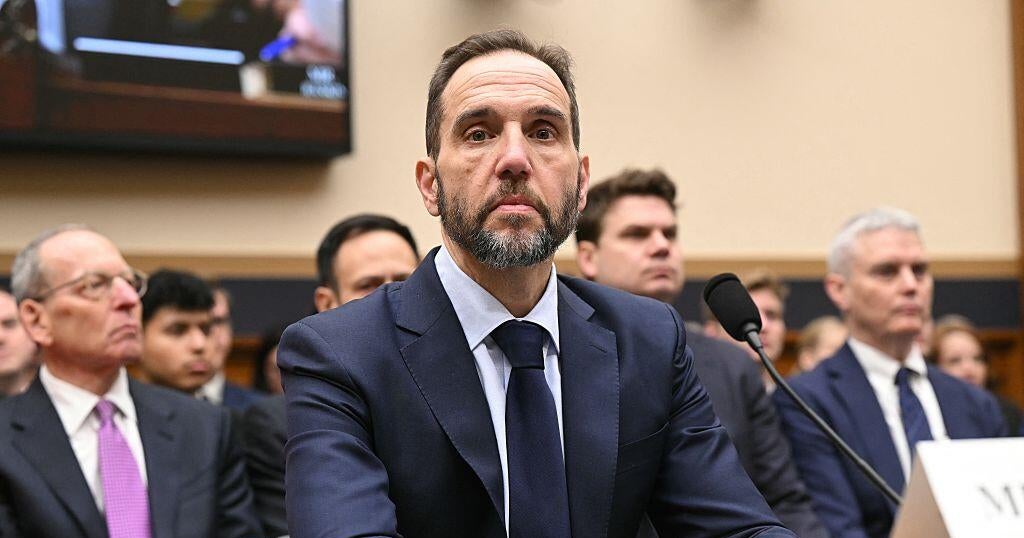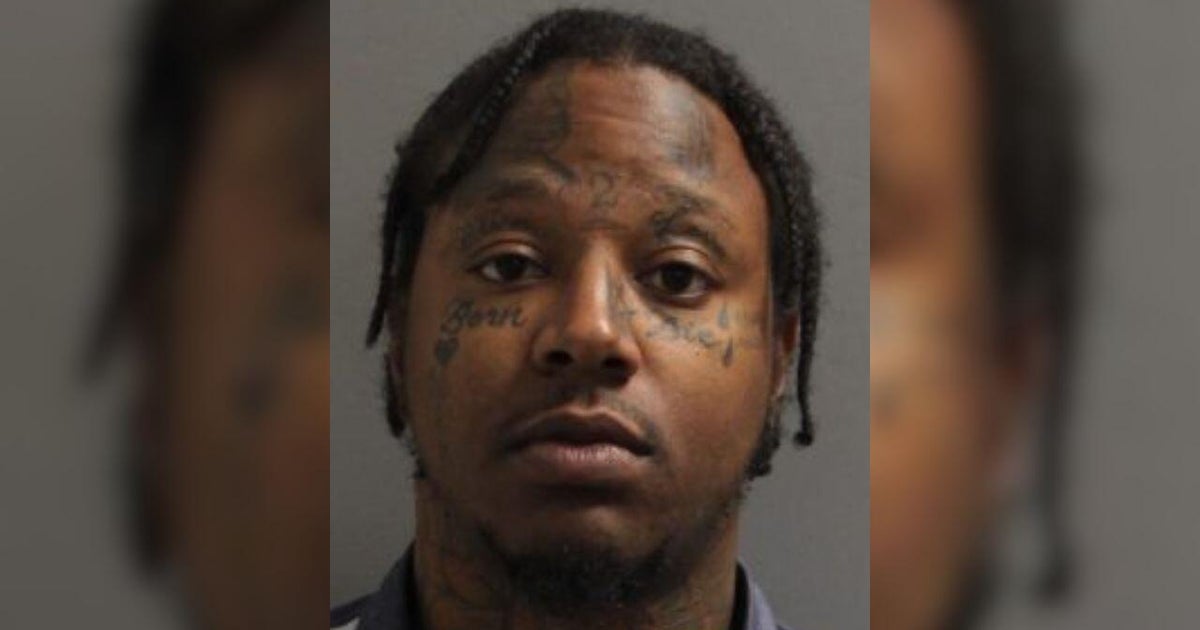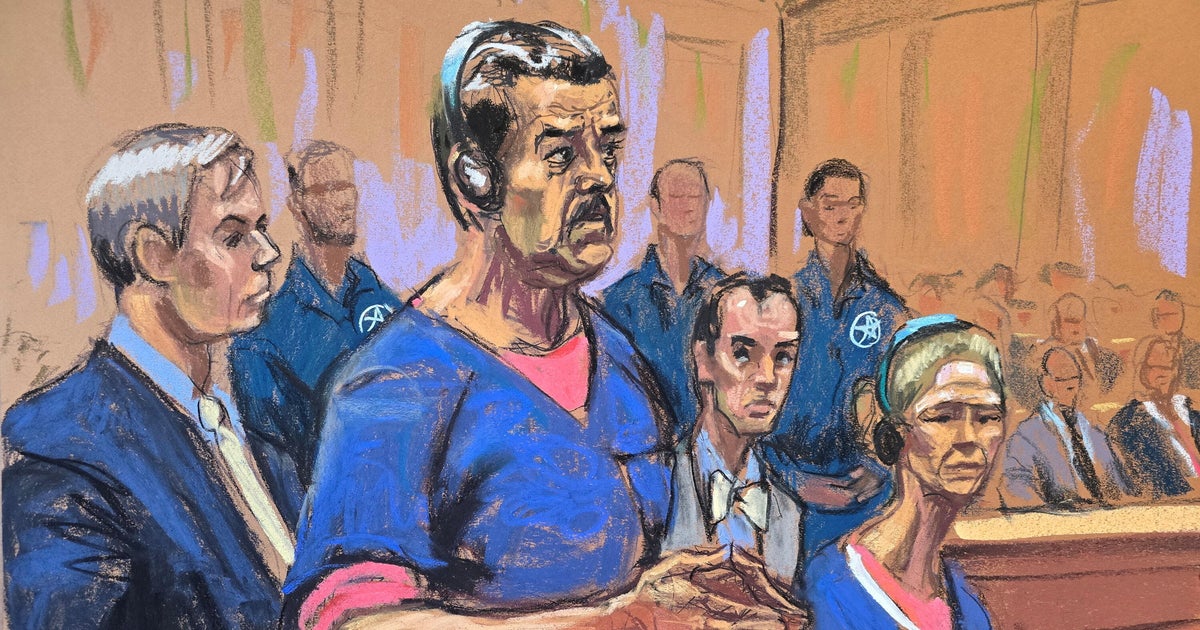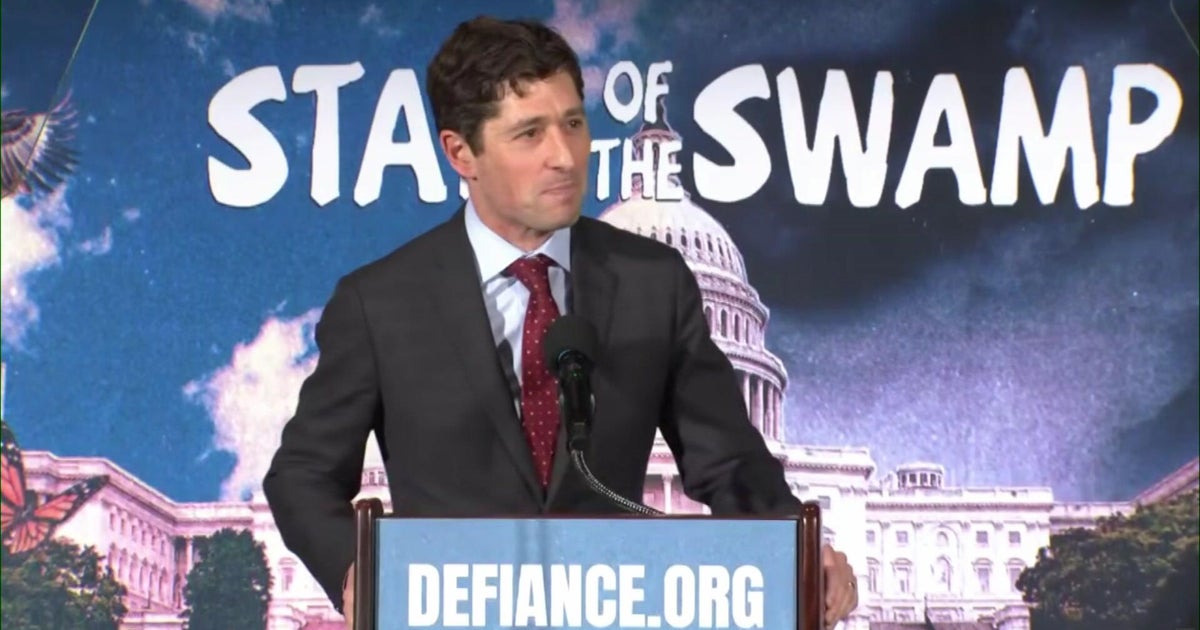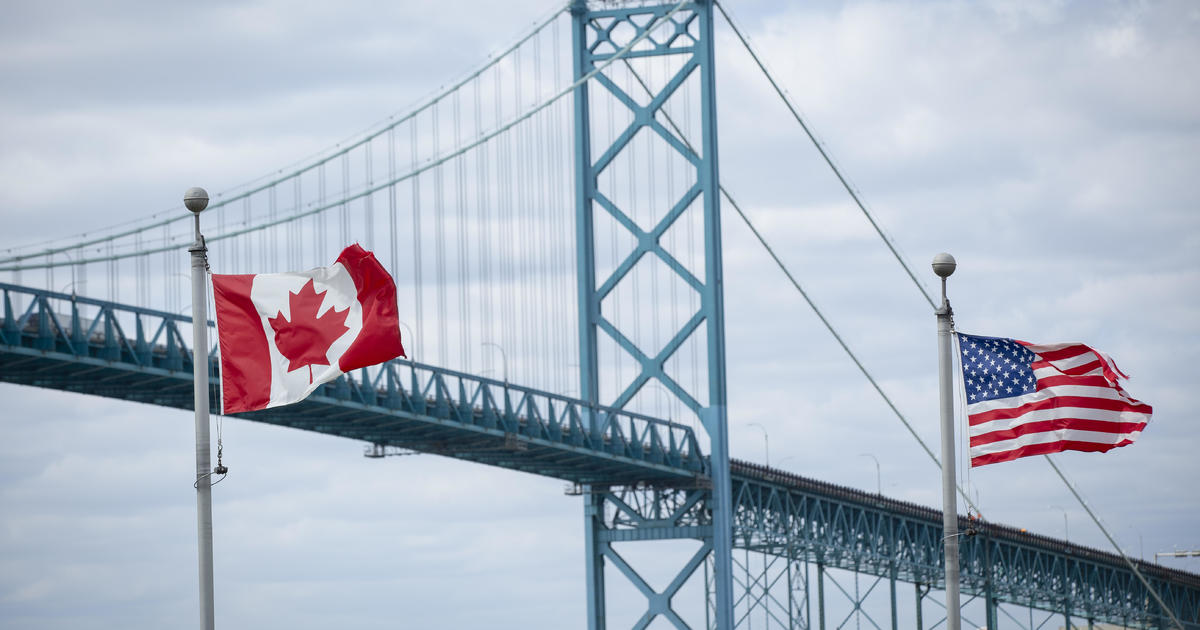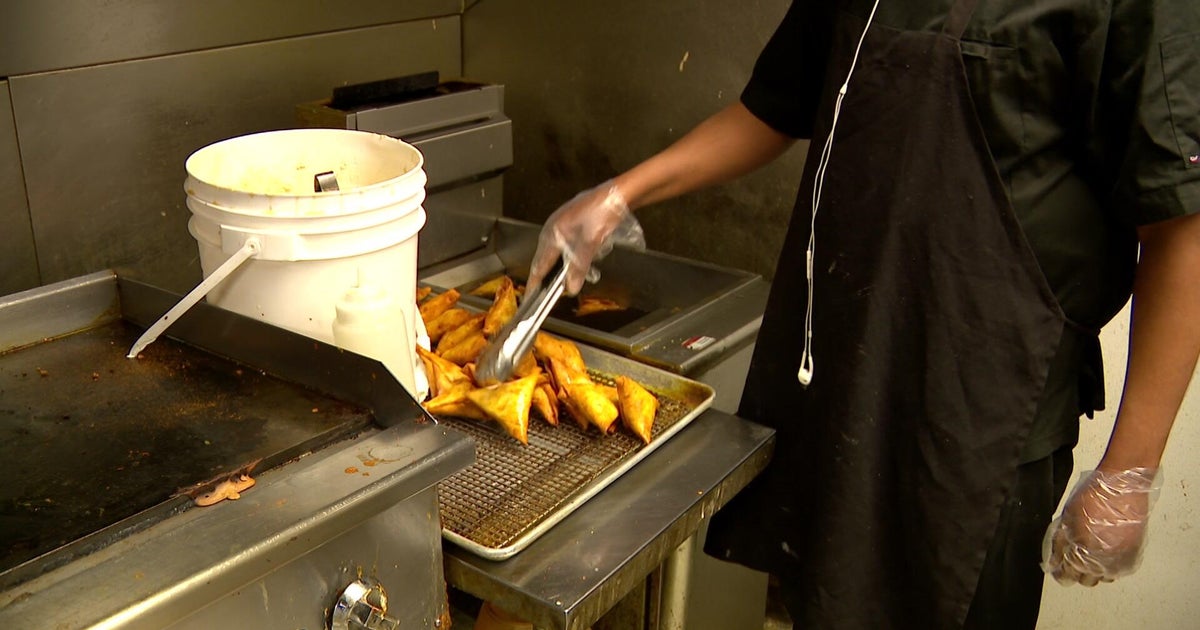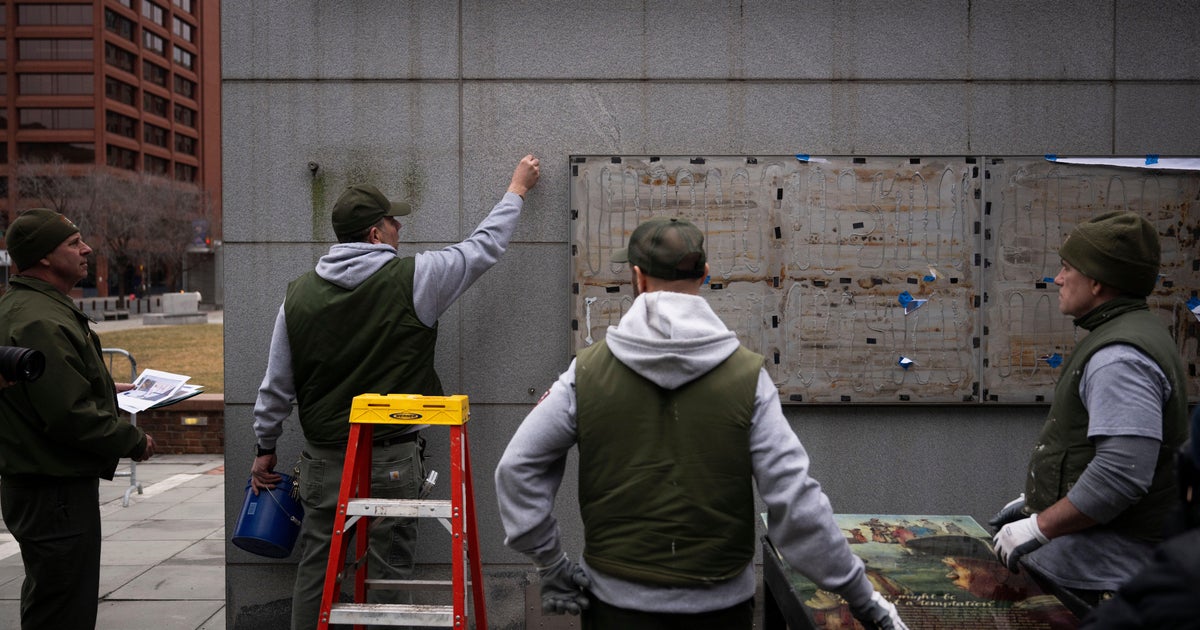Trump indicted for handling of classified documents; what stands out about unprecedented case?
The historic federal indictment filed against former President Donald Trump was made public Friday, detailing the charges the former president is facing related to his handling of sensitive government records after leaving the White House.
The 44-page indictment filed in the U.S. District Court for the Southern District of Florida alleges that Trump "endeavored to obstruct the FBI and grand jury investigations and conceal retention of classified documents." The indictment names Walt Nauta, an aide to Trump who served as a White House valet, as a co-conspirator.
The indictment lists 37 counts in all against Trump:
- 31 counts of willful retention of classified documents
- 1 count of conspiracy to obstruct justice
- 1 count of withholding a document or record
- 1 count of corruptly concealing a document or record
- 1 count of concealing a document in a federal investigation
- 1 count of scheme to conceal
- and one count of making false statements and representations.
At least four of the charges carry a maximum penalty of 20 years in prison.
Trump was summoned to appear in federal district court in Miami on Tuesday for an arraignment. He spent Friday at his golf club in Bedminster, New Jersey, golfing with GOP Rep. Carlos Gimenez of Florida, who tweeted a photo with the former president.
It's an unprecedented case, the first time a former president has been indicted by the U.S. Department of Justice. CBS 2 Legal Analyst Irv Miller said what jumps out for him is just how much evidence prosecutors laid out in the charges.
"This indictment is something else. As a former prosecutor, I actually drafted hundreds of indictments. As a defense attorney, I defended against hundreds of indictments. The specificity of this indictment, the corroboration that's in this indictment, the fact that there are witnesses, there's tapes, there's text messages. They're his own lawyers being quoted in this indictment saying things against him that actually hurt him, and contributed to the strength of this indictment against him," he said.
A federal district judge in South Florida appointed Trump appears to have been assigned for now to oversee this case, CBS News has confirmed.
The summons sent to Trump on Thursday notifying him of the indictment lists U.S. District Judge Aileen Cannon, whose chambers are in Fort Pierce, Florida, as the judge assigned to preside over at least the initial proceeding, a source familiar with the matter told CBS News. Trump is slated to appear in federal district court in Miami on June 13 for his arraignment.
It's unclear whether Cannon will remain the presiding judge for later stages in the case.
Appointed to the federal bench by Trump in 2020, Cannon was involved in stages of the legal wrangling last year that stemmed from the FBI's execution of a court-authorized search warrant at Trump's South Florida residence, Mar-a-Lago. In that search, federal investigators seized 33 boxes of material from the property, 13 of which contained roughly 100 documents bearing classification markings.
Trump filed a lawsuit in federal court requesting the appointment of a special master, or independent third party, to review the records recovered by the FBI from Mar-a-Lago, and Cannon presided over the dispute.
The judge granted Trump's request for a special master and ordered the Justice Department to temporarily stop using the seized materials for its investigation pending completion of the special master's review.
But her ruling was widely criticized by legal experts and upon appeal by the Justice Department, reversed by the U.S. Court of Appeals for the 11th Circuit in a unanimous ruling. The three-judge panel that reviewed Cannon's decision included two appointed by Trump, Judges Britt Grant and Andrew Beshear.
In an earlier stage of the fight over the special master, during which federal prosecutors sought access only to the batch of 103 documents marked classified, the Supreme Court rejected a request by Trump for the special master to have access to the sensitive records.
Miller said, in his personal and professional opinion, any judge that Trump appointed to the bench while president should recuse themselves from handling his criminal case.
"Unfortunately, the prosecution has very little say in it. They can ask the judge to recuse herself, but if she says, 'No, I can be fair to both sides. I'll be keeping the case,' that's pretty much the end of that discussion," Miller said.
Special counsel Jack Smith said Friday his office will seek a "speedy trial" for Trump, but Miller said that won't be entirely up to him.
"A lot has to do with the judge's docket, how many other cases are set for trial. It has to do with how long it's going to take the defense to get familiarized with the case. It's my understanding we now have new lawyers on the case as of yesterday and today that aren't up to speed on the case. So there's a lot of external factors that decide whether or not this is a speedy trial. The bottom line is will it be tried before or after the 2024 election," Miller said.
Smith encouraged everyone to read the indictment for themselves "to understand the scope and the gravity of the crimes charged."
"We have one set of laws in this country, and they apply to everyone," Smith said. "Applying those laws, collecting facts, that's what determines the outcome of the investigation."
